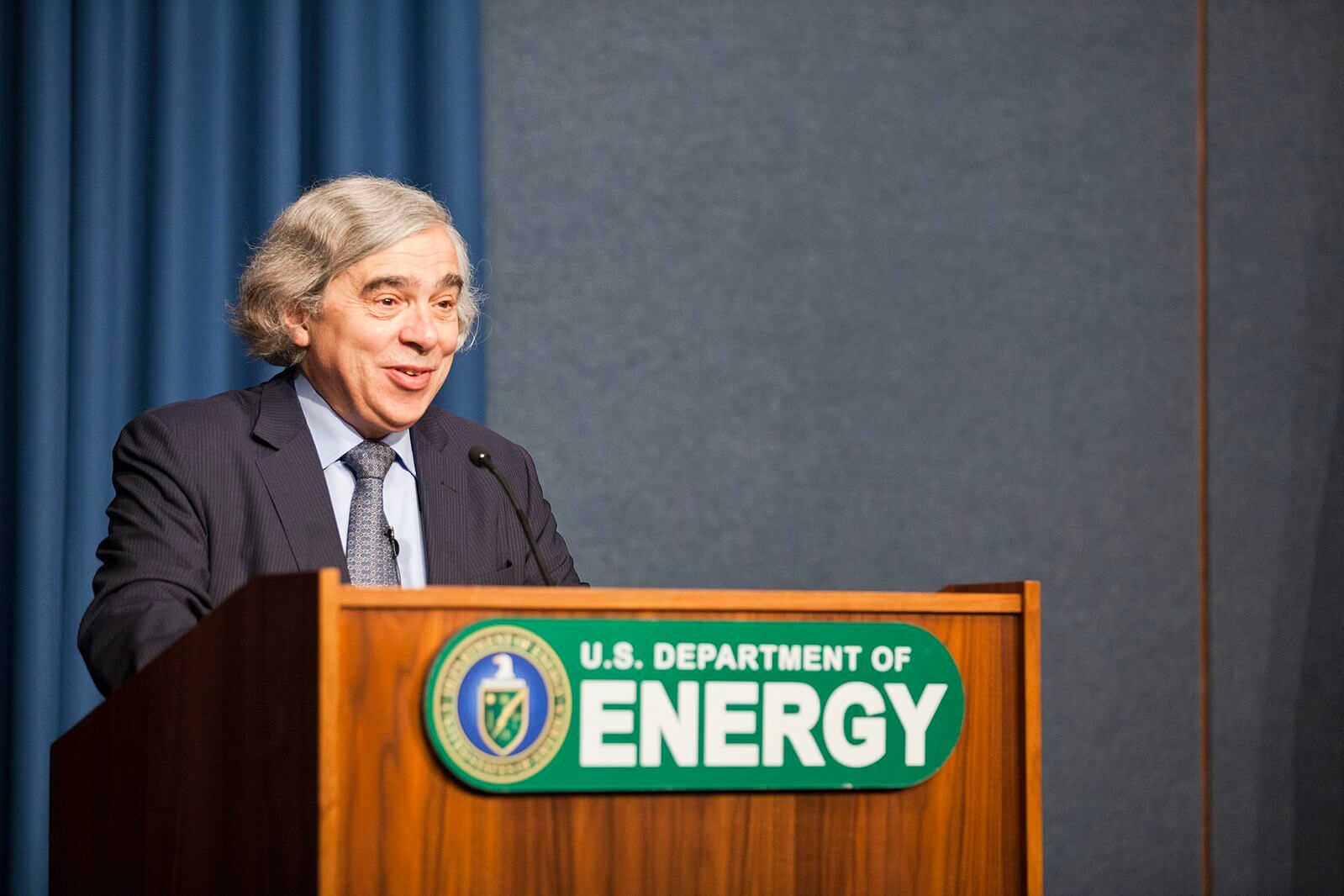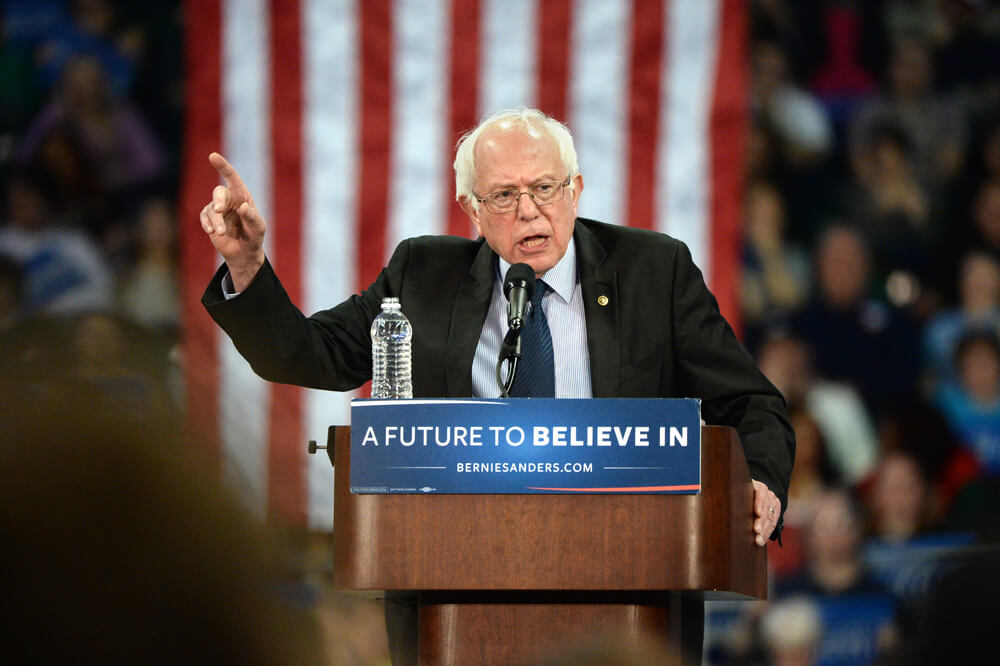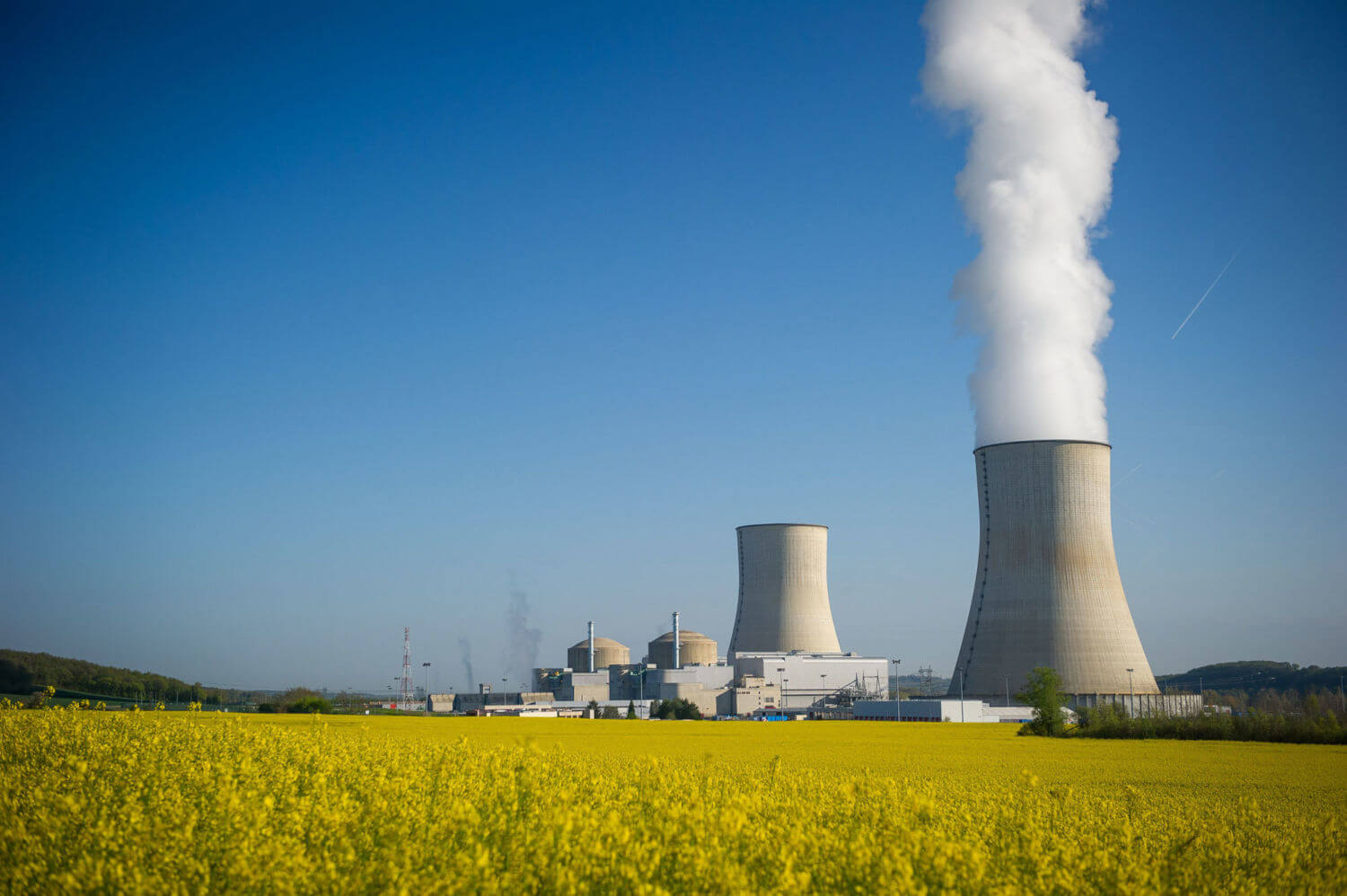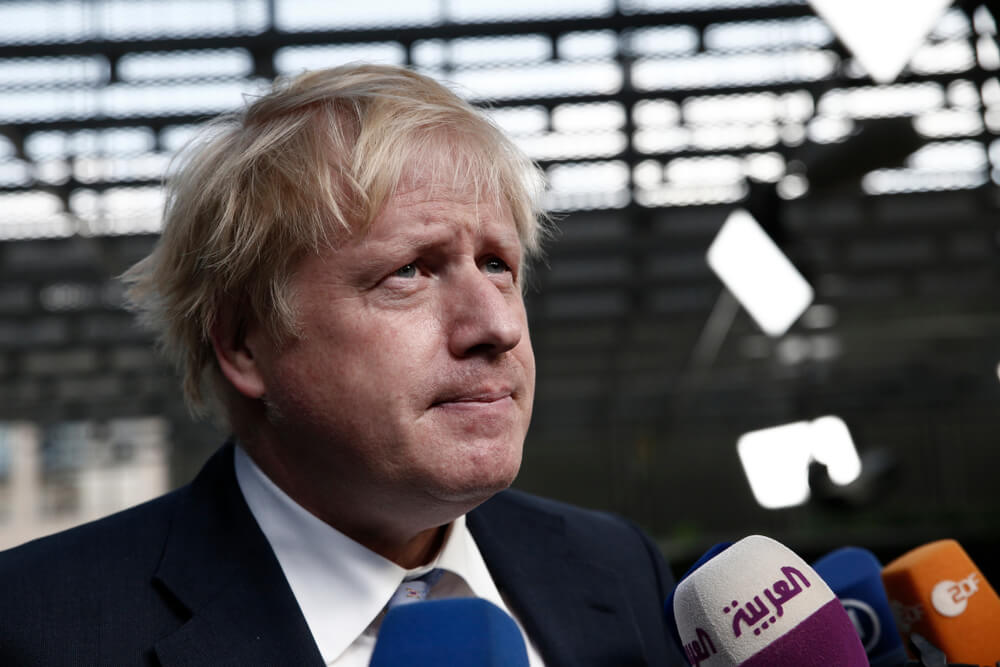Labor Day is almost here and with it another blessed, three-day weekend. Three days without work!
The best day, of course, is the middle one, when we can luxuriate in the time off without the knowledge that grips most of us on Sunday afternoons — that we must climb Monday’s escarpment.
The fact is that we Americans work too much. Not necessarily too hard, but too much. In the United States, workers’ vacations are mostly two precious weeks — and a third after long service. In Europe, they’re a month or, as in Germany, often up to six weeks — yet no one accuses the Germans of being idlers or not performing.
We won’t get more vacations, I think, until high-tech workers — those one might refer to as “the indispensables” — demand and get them. Some already have the choice of working in Europe and are looking at the “package” of their employment, not just the dollars in the paycheck. If they demand more, the idea will get around.
However, more vacation days won’t have the same benefit as those leisurely Sundays in a three-day weekend.
There is a way to greater leisure with the same number of work hours in a week. I have experienced it, and it does wonders in terms of employee happiness and creativity.
In the early 1960s, I was a writer for BBC Television News, and we worked a fabulous shift system: three days on and three days off. This system recognized that journalists could seldom finish what they had started in a procrustean eight hours.
The BBC 10-hour shift — three days on and three days off — accepted and accommodated the reality of the work rather than trying to squeeze the work into an arbitrary time frame, leaving it either unfinished or for someone else to try to finish — say a script for the late news broadcast or coverage of an ongoing parliamentary debate.
The social dimension of this work structure was even more interesting. Writers and editors became more productive in other ways: Some wrote novels, others worked on biographies or tried their hands at plays. They’d been given the gift of time.
Armed with this experience, when I worked at the Washington Post, where I was an assistant editor and also president of the Washington-Baltimore Newspaper Guild, one of the largest chapters of the American Newspaper Guild, the trade union that represented journalists and some other workers, I was appalled at the mess the Post had with its overtime.
There was a complicated system of overtime and something called “overtime cutoff,” which applied to people who were paid more than the Guild-negotiated salary. It led to fights, conscientious reporters and editors working overtime without compensation, and major altercations over weekend schedules. No winners, just unhappy people. The management knew it was a mess and would’ve liked to change it.
When I suggested the BBC system to the Washington Post Company, management was enthusiastic. They asked if the union would bring it forward as a formal proposal in the contract negotiations, then just beginning for a new three-year contract.
We had to have our proposal vetted by union headquarters, the International. They said, “No, no, no. Heresy.” The union had always fought for a shorter workday since the so-called “model contract,” written by Heywood Broun, the famous reporter, columnist and founder of the American Newspaper Guild, in 1935. It was dropped like a libelous story.
Well, the three-days shift won’t work in many places, but in journalism, manufacturing and retail, it’s worth a try. Hundreds of thousands, if not millions, of workers would have the joy of that middle day of rest and, maybe, creativity.
When you open another cold one on Sept. 1, think about how nice it would be if that happened all year. Three days on and three days off. Glorious!









